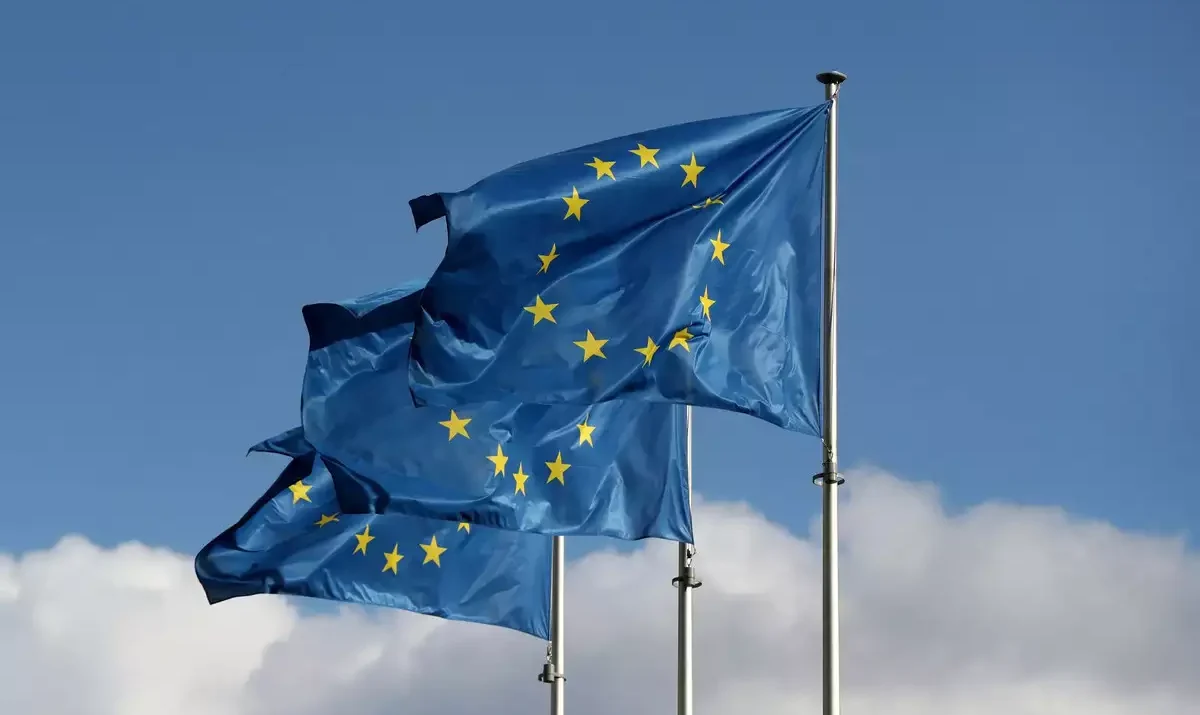The European Union’s new defence commissioner, Andrius Kubilius, has urged Europe to urgently secure €500 billion ($530 billion) for enhanced military capabilities to counter potential threats from Russia by 2030. Kubilius emphasized the need for a “big bang” in defence funding and procurement, citing concerns that Russia could pose a direct threat to NATO or EU countries in the coming years.
Key Drivers of the Call to Action
- Potential Russian Aggression: Intelligence assessments, including those from Germany, suggest Russia could be ready to target NATO countries by the decade’s end.
- Shift in U.S. Focus: The expected return of Donald Trump to the presidency and increasing U.S. attention on China raise concerns about reduced American support for European defense.
- Ukraine as a Precedent: Putin’s invasion of Ukraine, despite prior assurances, has left EU leaders skeptical of Moscow’s declarations about other European countries.
Challenges and Funding Proposals
EU countries broadly agree on the need for increased defense spending, but there’s no consensus on funding mechanisms. Kubilius highlighted options, including:
- EU Defense Bonds: Issued jointly and repaid via the EU budget, though opposed by fiscally cautious countries like Germany and the Netherlands.
- Front-loading National Defense Budgets: Borrowing now against future national defense expenditures.
- Repurposing Existing Funds: Using the EU’s COVID-19 recovery fund or the European Stability Mechanism (ESM) for defense spending.
- Special Purpose Vehicle (SPV): A joint fund with paid-in and callable capital modeled on the ESM, allowing governments to finance defense projects without inflating public debt.
Kubilius compared the urgency to the COVID-19 pandemic, advocating similar speed and determination in mobilizing resources.
Strategic Priorities
- Enhanced Military Capabilities: Europe requires increased investments in tanks, artillery, air defense, airlift, and refueling capabilities.
- NATO Integration: Kubilius aims to align EU defense spending with NATO capability targets, prioritizing collaborative projects like a European air defense shield.
- Reducing Market Fragmentation: EU nations often rely on national suppliers, leading to inefficiencies. Joint procurement and major contracts could streamline costs and bolster readiness.
Kubilius’s push underscores a shift in European defense policy toward greater self-reliance, driven by geopolitical realities. While funding solutions remain contentious, the EU appears poised to increase military collaboration and investment, marking a critical step in its strategic evolution.










